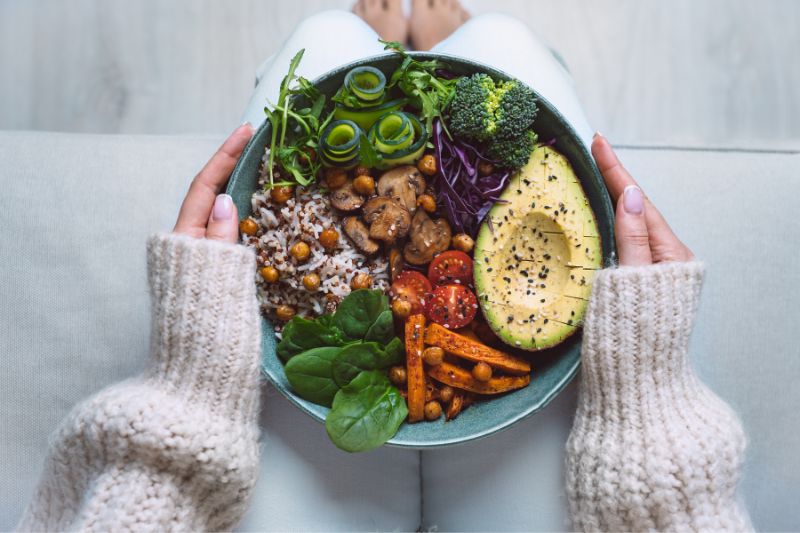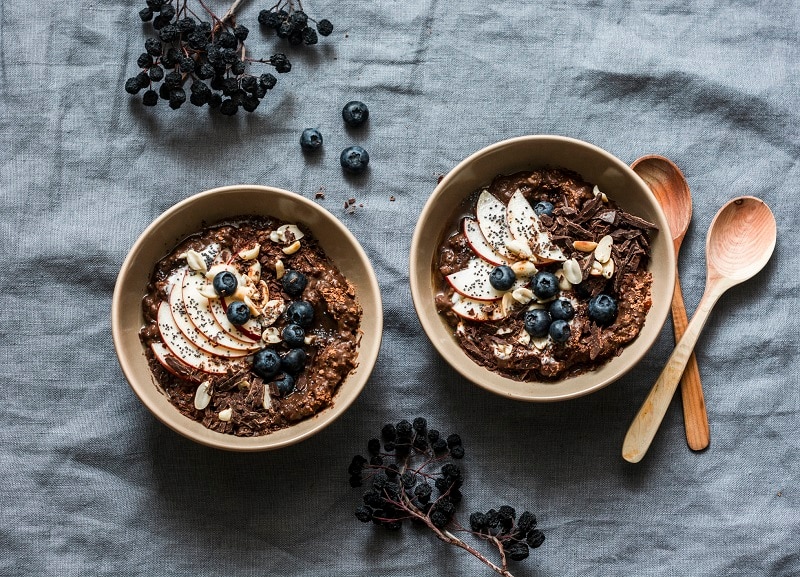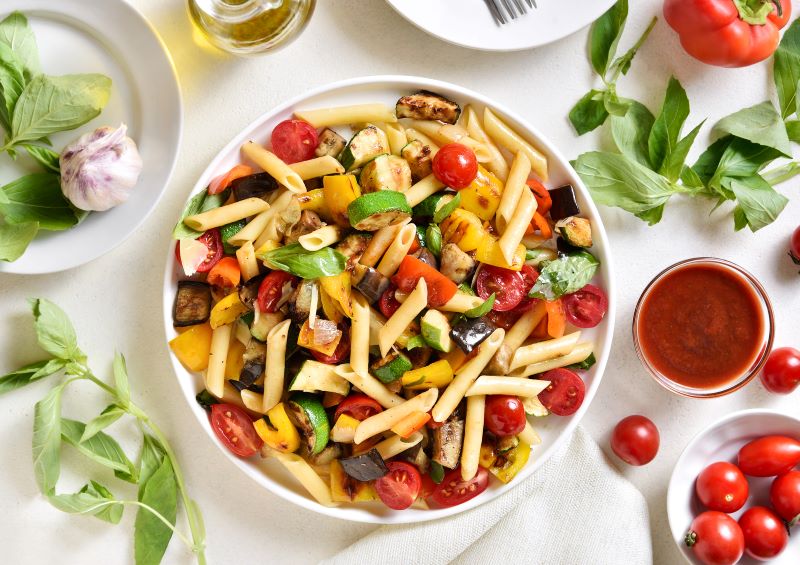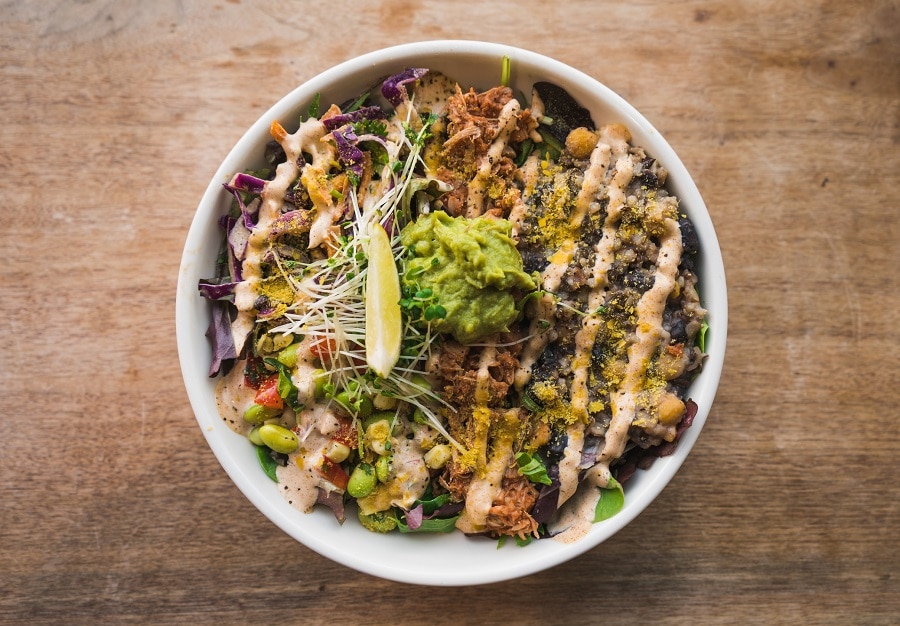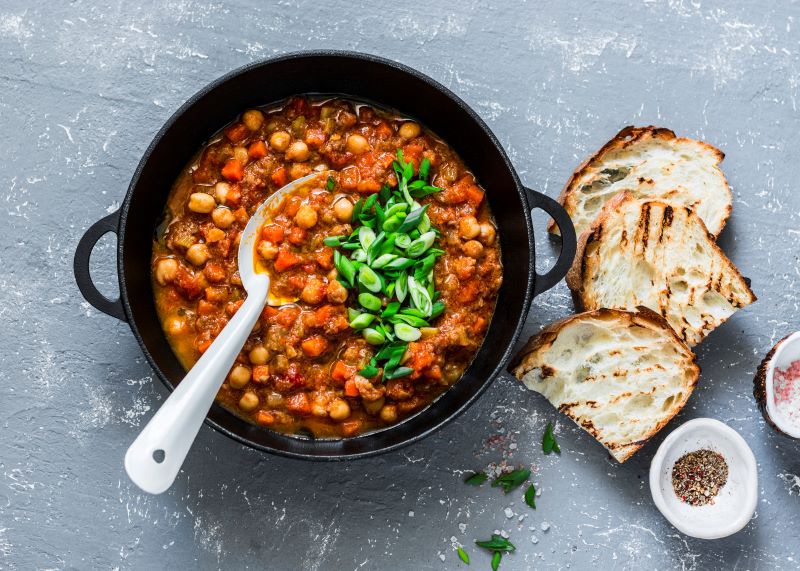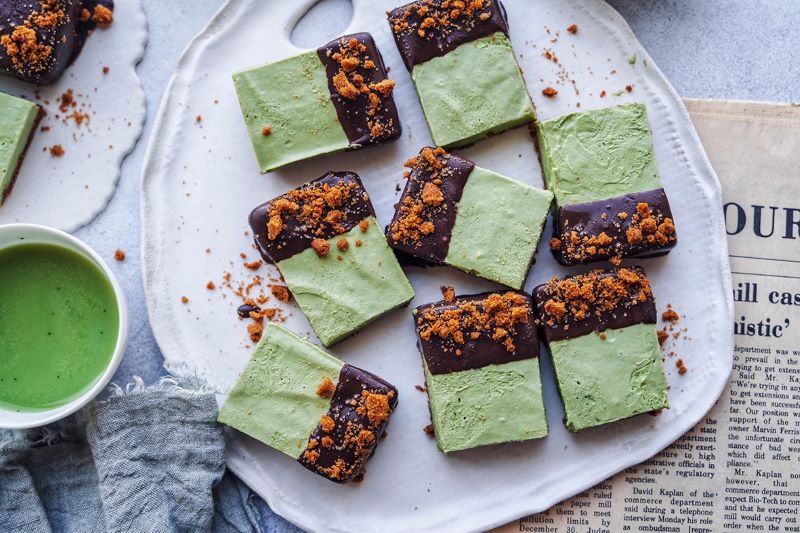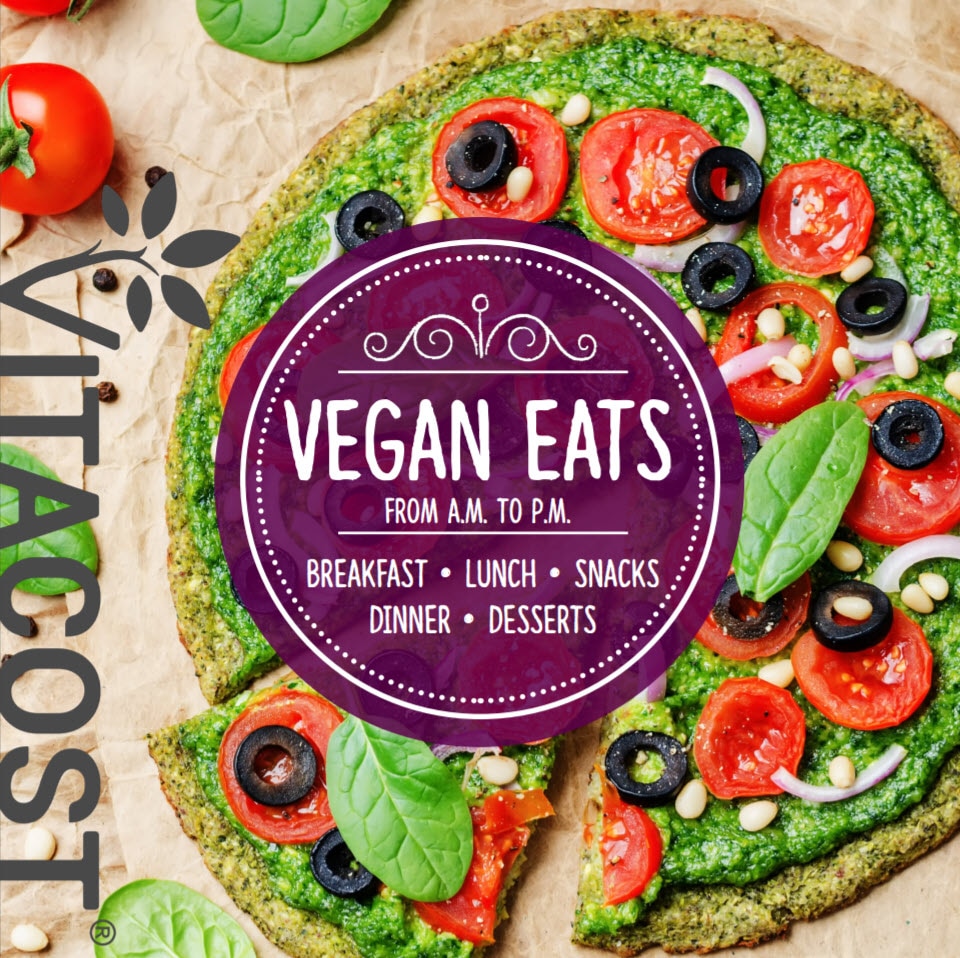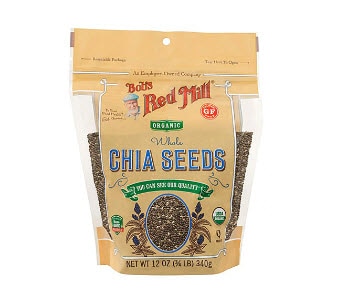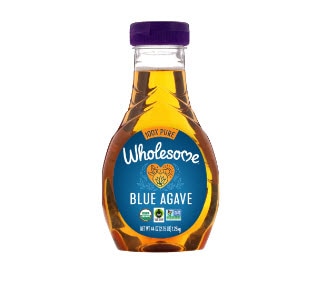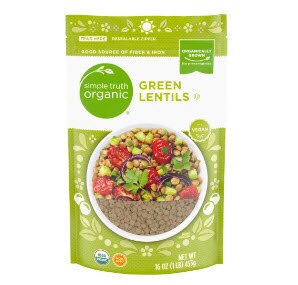As we ring in a new year, resolutions, goals and personal challenges to kickstart healthier habits are top of mind. Some people opt for ‘Dry January,’ choosing to forego alcohol for the month; others commit to integrating new fitness routines into their daily lives. A newer trend that’s gained traction in recent years is Veganuary – a campaign that involves replacing animal-based with plant-based foods for 31 days.
What is Veganuary?
Veganuary is more than just a challenge to adopt a vegan diet for the month of January. It’s a movement spearheaded by a non-profit organization dedicated to making plant-based eating the norm. Their goal is not only to improve health outcomes but also to protect the environment.
Following a vegan diet means avoiding all animal products, including meat, poultry, fish, eggs and dairy. Sugar, which is sometimes processed using animal products, is another consideration – strict vegans seek out vegan-verified sugar. Those who adopt a vegan diet often extend the lifestyle beyond food, choosing cruelty-free beauty and household products and avoiding items like leather, suede or anything derived from animals.
Why should you try the Veganuary challenge?
Eating plant-based can be very beneficial to your health! Eating less meat may decrease the risk of heart disease, stroke, high blood pressure, diabetes and some cancers. Eating more plants may also lead to a diet lower in cholesterol and saturated fat and higher in fiber, vitamins and minerals such as vitamin c, vitamin e, thiamine, folate, magnesium and potassium.
Not only is going plant-based good for your health, but it’s also good for the planet. A United States Department of Agriculture (USDA) report states that a diet higher in plant-based foods is associated with less environmental impact when compared to the current typical American diet. Studies suggest that shifting to a plant-based diet may lead to lower greenhouse gas emissions.
Going plant-based may also be more budget friendly. Research suggests plant-based consumers spend less than omnivorous consumers and all other consumers. Products like canned or dry beans are a cost effective (and delicious) way of adding protein to a meal. Beans are also shelf stable, so there is less risk of them going to waste.
How do you go plant-based?
The best part about Veganuary is that it can be tailored to your lifestyle. If going completely plant-based for a month seems too daunting, that’s OK. You don’t need to go all in to make an impact. Start one meal or day at a time. Try starting with one meatless meal, like a tofu breakfast scramble. If breakfast is a breeze, then try adding a plant-based lunch like a roasted butternut squash and quinoa salad. Eventually you can create a whole plant-based day by adding sweet potato burgers into your weeknight menu. Do what works for you!
Building a balanced plant-based meal
Plant-based or not, having balanced meals is important to eat nutritiously. The USDA’s MyPlate method is a helpful tool when creating a balanced meal. This method builds a plate that consists of half fruits and/or vegetables, one quarter grains or starchy vegetable and the remaining quarter protein with a serving of dairy on the side or sprinkled within. We recommend including at least three of the food groups at every meal.
Here are just a few plant-based ways to build a plate that is in season this winter.
Fruits
- Apples
- Bananas
- Kiwi
- Pineapple
- Citrus (lemon, lime, grapefruit, oranges)
- Pears
Vegetables
- Brussels sprouts
- Cabbage
- Collard greens
- Kale
- Leeks
- Onions
Starchy Vegetables and Grains
- Potatoes
- Sweet potatoes
- Winter squash
- Brown rice
- Whole grain pasta
- Quinoa (also a complete plant-based protein)
Plant Protein
- Lentils
- Black beans
- Chickpeas
- Tofu
- Tempeh
- Seitan
Vegan swaps
Oftentimes, go-to recipes for entrees or baking can be made vegan with just a few swaps. Here are some examples:
Milk
Egg
- Ground chia seeds + 3 tablespoons of water
- Ground flaxseeds + 3 tablespoons of water
- 1/4 cup apple sauce
- Aquafaba (water in cans of white beans)
- 1/4 cup mashed banana
Butter
- Vegan butter
- Smashed avocado
- Coconut oil
- Vegetable oil
Sugar and honey
- Vegan-verified sugar
- Brown sugar
- Maple syrup
- Agave
Nutrients to be mindful of
Some nutrients may be hard to get when following a vegan diet. With new and seasoned vegans alike, common nutrient deficiencies include: B vitamins, vitamin D, calcium, omega 3 fatty acids and iron. Therefore, it’s important to be mindful of the foods you’re eating and to supplement when necessary.
Talk to a Kroger Health registered dietitian if you are interested in learning more about following a plant-based diet or any other nutritional concern.
Easy vegan recipes
Are you ready for Veganuary? Here are some more amazing recipes to help you get started!

